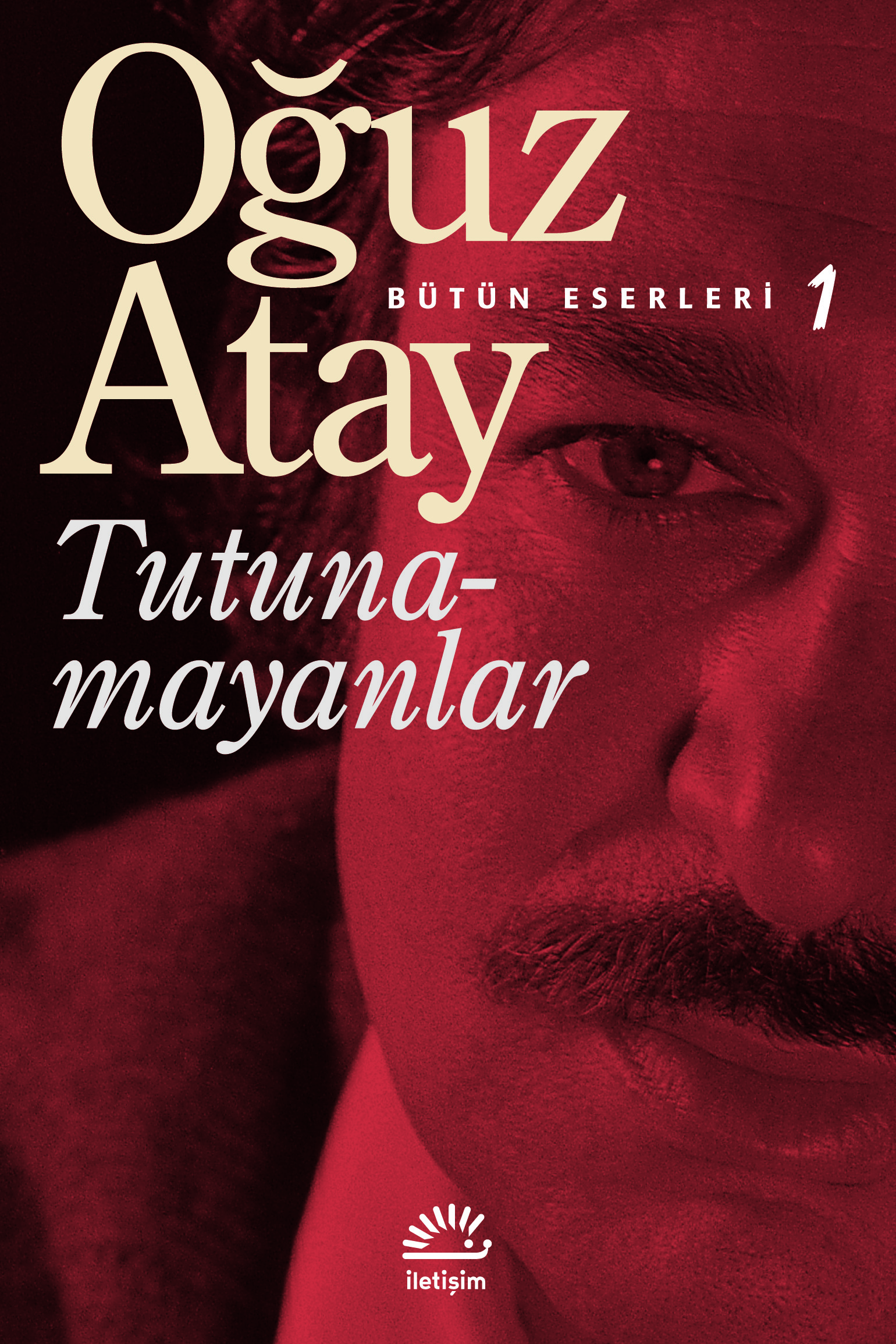

But until now no publishing house in the Anglophone world has published an English translation. Ms Sevin Seydi made an English translation at a very early stage, ‘while Atay was still writing his book’, as his biographer Yıldız Ecevit put it. Yet, except for the Dutch translation by my colleague Margreet Dorleijn and me, which came out under the title Het leven in stukken in November 2011, the novel has not been published in any other translations. Forty years after its publication, the novel and its author are still vividly discussed in Turkish internet forums and on Facebook. Over the years Atay’s debut novel became one of the best selling Turkish titles ever, even in illegal prints: the thick book is a sine qua non of many stands selling pirate editions in the streets. Since its publication in 1971/1972 Tutunamayanlar has had 49 reprints. Oğuz Atay started typing the first sentences some time in 1968. A prominent example is the novel Tutunamayanlar (‘The Disconnected’) by the author Oğuz Atay. Unfortunately, many Turkish literary masterpieces share this fate. How many readers outside of The Netherlands and Flanders have heard of Gerard Reve, Hella Haasse or Willem Frederik Hermans, and the novels they wrote? Who knows the poetry of Jan Slauerhoff or Lucebert? Dutch masterpieces, many of which have not been translated into German, French, English, or Turkish, are a good example.

It’s often surprising to see how literature resists globalisation, how famous books in one language can be kept a secret from readers in other languages for many years.


 0 kommentar(er)
0 kommentar(er)
